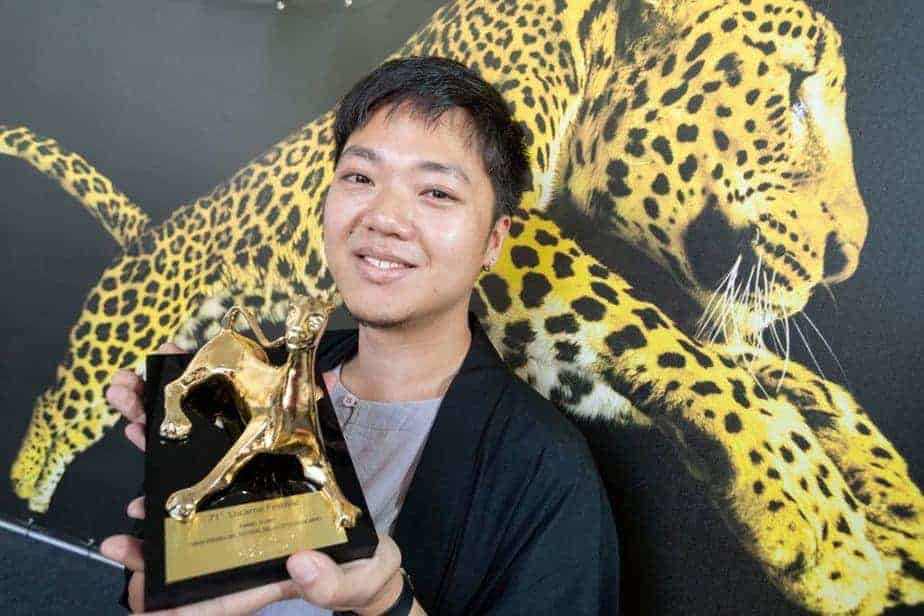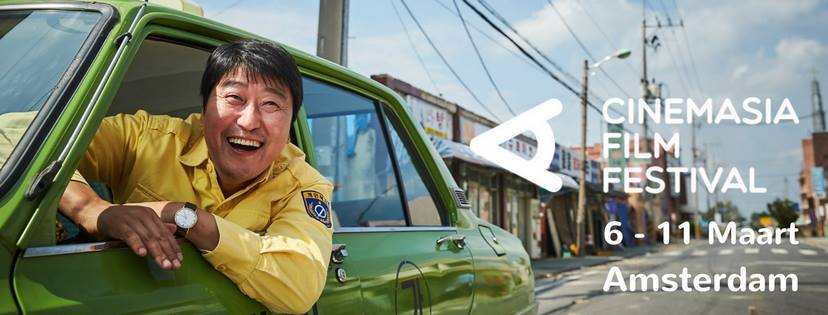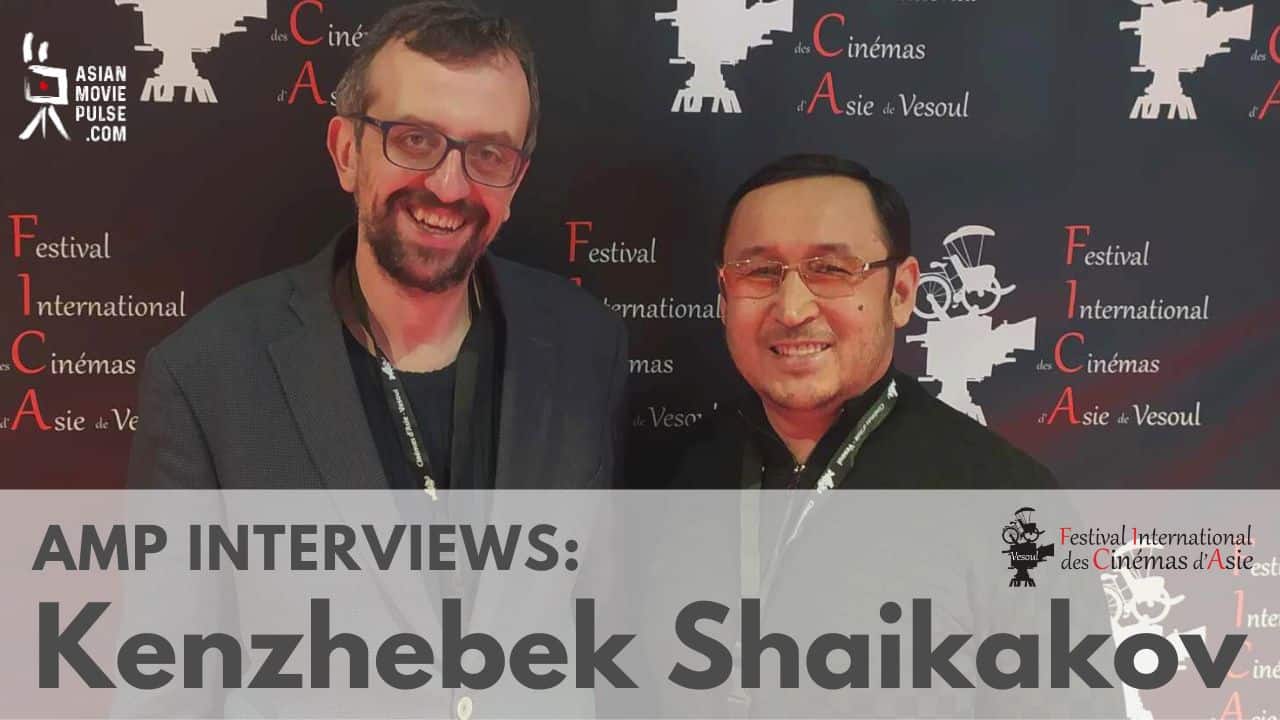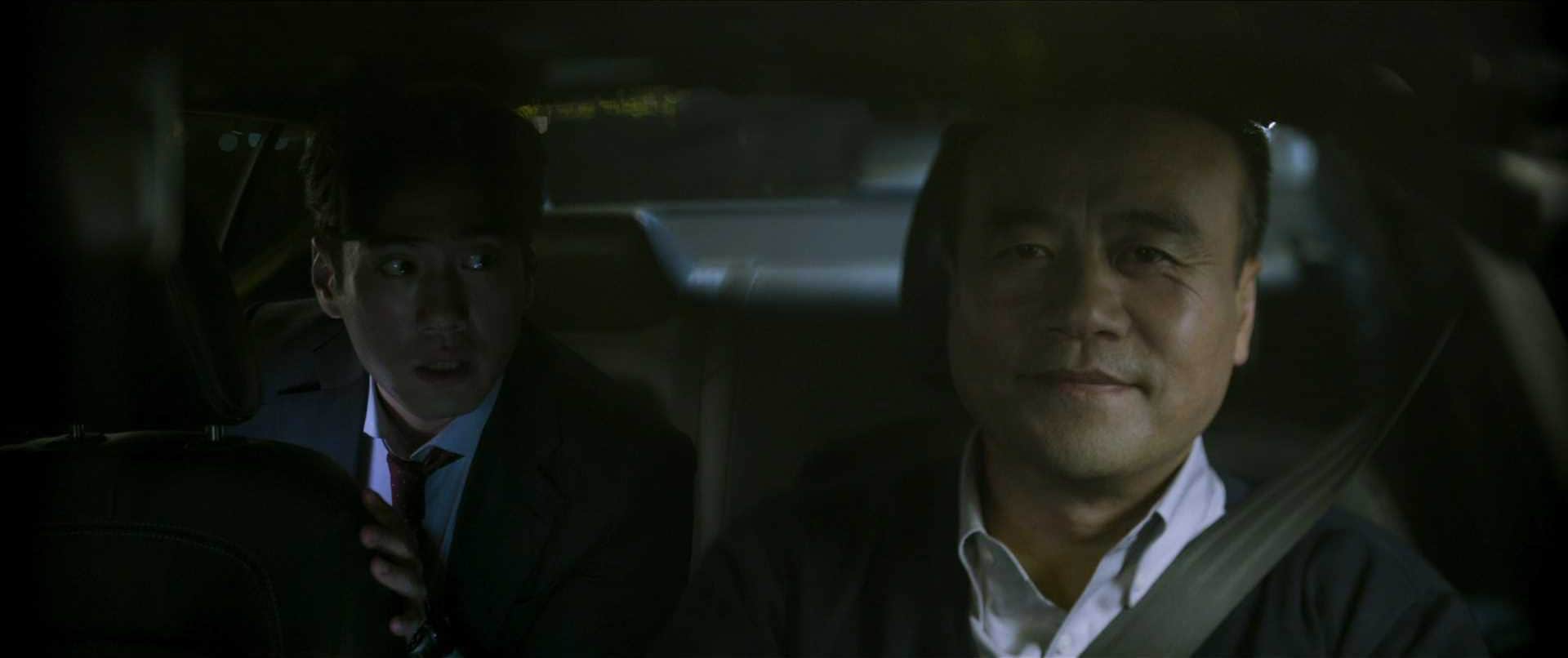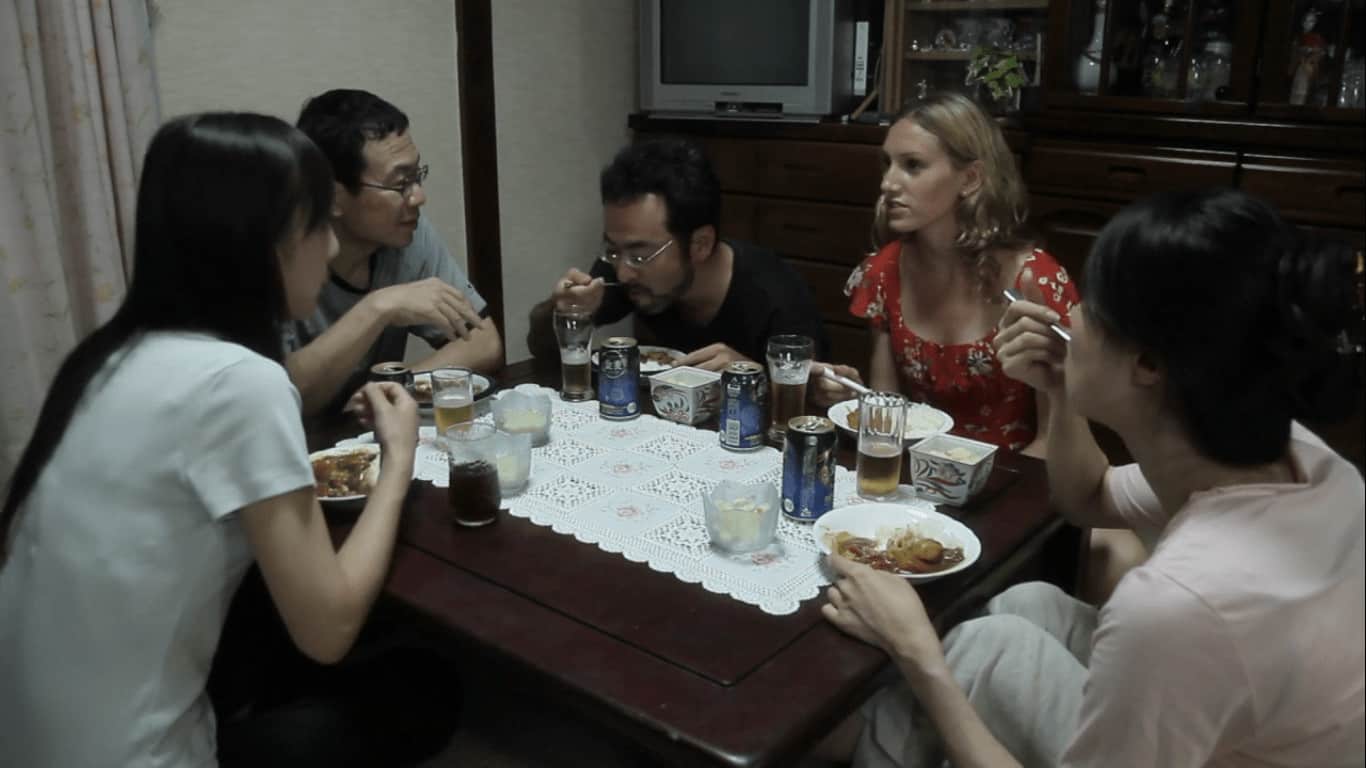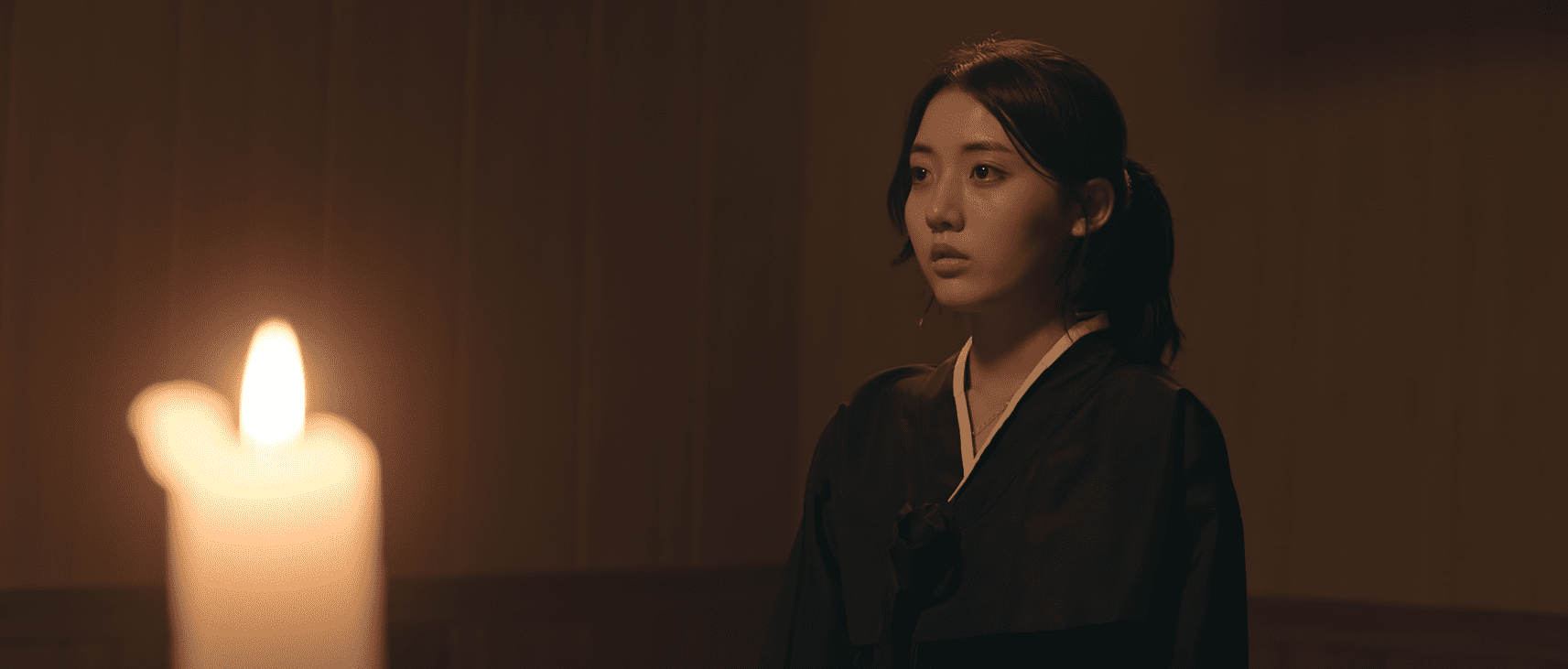Yeo Siew Hua is a director and writer from Singapore who won the 71st Locarno Festival's Golden Leopard prize for his film ‘A Land Imagined‘ (2018). His debut feature, the experimental ‘In The House of Straw' (2009), was lauded by critics as a significant film of the Singapore New Wave. Yeo is a member of the Asia Pacific Screen Awards (APSA) Academy and a founding member of the 13 Little Pictures film collective in Singapore. “A Land Imagined” has also won won the grand prize of the El Gouna Gold Star for Best Narrative Feature and also the Roberto Rosselini Jury Prize at the Pingyao International Film Festival, and then the Best Film award at the Asian Next Wave section of QCinema in Philippines and most recently the best cinematography award of the official section at the 63rd Semana Internacional de Cine de Valladolid festival.
On the occasion of the screening of the film on Five Flavours, we speak with him about winning in Locarno, immigrants in Singapore, the meaning and the aesthetics of the film, cinema of Singapore and many other topics.

You won the Golden Leopard in Locarno. How does this success make you feel and in what ways do you feel it will shape your career?
It means a lot to win the grand prize in a festival I respect so much and to be part of this prestigious tradition with a long line of great filmmakers before me. It's also an amazing recognition of the film and all the hard work put into it, not just by me, but everyone, from the producers to the assistants. I guess something this big will undoubtedly have an effect on my life as a filmmaker, but it is important not to let it dictate the way I work.
It has been nine years since your last feature, “In the House of Straw”. Why did it took you so much time? Were there any difficulties in shooting this film?
In between that first attempt and this film, I enrolled myself in the university and applied myself in philosophy. I also made a documentary in between and all these elements, the film, the philosophy and the documentary came together resulting in “A Land Imagined”. Cinema remains the canvas of my expression and philosophy informs the way I think of my work. But what was most challenging in the making of this film is the research beyond the theoretical, of a subject matter which access is limited and processes are less than transparent. The film for me had a very similar process to the making of a documentary and I approached it so with regards to research and immersing myself into their world.
“A Land Imagined” deals with the issue of immigrants in Singapore. Why did you choose this topic, and can you give some more details about the actual circumstances of their lives in Singapore? What kind of research did you do on the topic before shooting the film?
The low-wage migrant workforce in Singapore is everywhere but yet invisible. As a society, there is a blind-spot towards their wretched living and working conditions because of their temporary status. However, I have met some who have lived in Singapore for more than 20 years and have helped built this city, but can never belong here. I made very good friends during this process of spending my weekends with the community and saw them not merely as workers in transit, but people with hopes and dreams, and that we shared a common humanity. This is something I encountered personally and what the film aspires to arrive at.
You implemented a rather unusual approach for such a topic, with the film functioning much like a noir. Why did you choose this approach?
I felt like the noir investigation was a good format to present the kind of confusion I was going through while researching on something that is not as obvious as it should be. After a while, these investigations felt more like an exploration into the depths of my own mind, questioning my motivations and perceptions, which is what a noir film ultimately is. It is however important for me that I also subvert these familiar conventions, to make my audience question what is it they are actually watching and not get lulled into easy fiction.

I felt that Lok's character could be explored a bit more, as is the case with the unknown man Wang speaks on the internet, but you chose to focus more on Wang. Why is that?
From the outset, the detective Lok is a stock character instrumental as an entry point into the film. I would say the same for the mystery gamer, after all, he is but a troll. From easily identified tropes, I tried to propel the subjectivity of my audience towards the Other, in the person of Wang and the other migrants, which I dedicate more of the substance of the film in developing a richer study of his character. By the final act, I wanted my audience to care for Wang enough to root for the detective and his case. Without being on screen, the absence of the missing has to be felt. Only then, will the two plots succeed in folding into each other as a singularity.
What do dreams signify for you? Both in the film and in real life.
Dreams are for me a transformation of the self beyond its contextual limitations. Unlike the western notion of skepticism towards sense, perception or an illusory play against reality, the act of dreaming is to me, not a falsehood, but a transcendence. I employ the use of dreams as a vehicle in the film to shift between wholly different consciousness and yet always containing one within the other, creating a superimposition of the two dreamers in a collective hallucination. A radical dreaming unlocks the potential of imagining an Other so far removed from one's own situation. I sometimes wake up from a particularly vivid dream feeling completely transformed.

Hideho Urata's cinematography is exquisite. How did you cooperate with him for the film? Same question for Yeo Siew Hua's music.
Hideo Urata and I mostly took our cues from the locations, which we wanted to respect without imposing too much aesthetic contrivances that did not belong to the texture of the space, so to keep faithful to the experience of it. We also tried to transport our audience into the scene, in an immediate sense, be it the harsh conditions of the work site or the surreal space of the cybercafe. This liminal space between virtual and reality is originally bathed in unnatural lighting, with the windows blocked out so that one cannot tell night from day and we merely emphasized what was already there, which was dreamy to begin with. As for the music, I treat it as a form of memory, sometimes invoking the conventions of a genre and at times dripping with a sentimentality of forgotten times. They come and pass like bits of memory that surfaces before getting lost again in the vast dreamscape.
I found the dancing scenes among the most impressive sequences in the film. Can you give us some more details about the way you shot them and their significance in the film?
These moments of merrymaking in the film were my first encounters with the workers in their immediate environments. It was these moments, dancing in their midst, when I arrived at the realization, having let go of all inhibitions, where notions of class and hierarchy fall away, the boundaries between us and them, self and other became blurred and for a moment there was only the collective moving body as one. For me the dance is the dreaming as the body and mind transcend in a transformative moment. It wasn't difficult to recreate these scenes I have experienced countless of times hanging out with them, all I had to do was to give them space to be themselves and join in the revelry.

How was the casting process like for the movie. Were there any differences in the way you guided the actors for their roles?
I knew Peter Yu from his time as a TV heartthrob when he was younger. After taking a hiatus, he returned to the screen with a new maturity about him that he brought to the role. Having shaken off the bad habits from TV acting, I was able to craft new modes of inhabiting the character for him and I tapped into some of that rich material from his personal life.
Similarly, Liu Xiaoyi who plays the migrant worker Wang, is himself a migrant from China who has lived in Singapore working in theatre. Having shared experiences with my character, he was able to relate immediately, which we took as our starting point. Working with a TV actor and a theatre trained stage actor in the same film was an interesting challenge for me. On top of that, I had thrown into the mix some amateurs and non-actors who were themselves construction workers, which gave it a documentary-like realness to the scene. Getting the different performances to harmonize was the fun part, and it was as much me learning from them.
Are you working on any new projects at the moment?
I am working on a script that was developed previously at the Southeast Asian Fiction Film Lab (SEAFIC) titled “Stranger Eyes” about the act of surveillance and the subjectivity of the gaze. I was thinking what it means for one to look closely at the life of another, intimately and with understanding, ultimately seeing oneself in the object of one's gaze.

What is your opinion about the Singaporean cinema at the moment?
We have seen a number of Singapore films do well internationally in the last few years. These are significant steps for our very young cinema and I am excited to see what else we can offer to that larger cinematic conversation.


